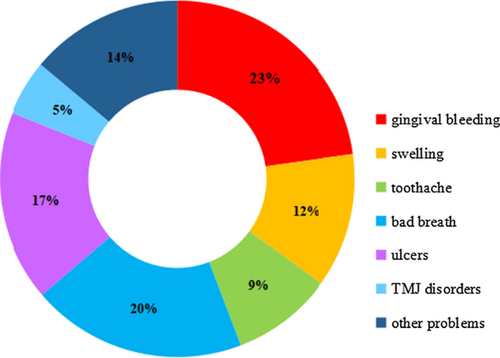

You come into contact with germs any time you leave your home. But all health care workers should follow certain safety guidelines. Your dentist and others working with them should wash their hands and sterilize tools. Some gear and needles are never reused.
Coronavirus and Dental Care
After asking dental offices to stop non-urgent visits and surgeries because of the COVID-19 pandemic, the American
Dental Association (ADA) and the CDC now recommend that dental teams weigh the risk in their area with the need to provide care for patients. Here’s what you should know about dental care as some cities and states reopen.
Is the Dentist’s Office Safe?
You come into contact with germs any time you leave your home. But all health care workers should follow certain safety guidelines. Your dentist and others working with them should wash their hands and sterilize tools. Some gear and needles are never reused. But your dentist’s office may do even more to prevent the spread of COVID-19, like:
Disinfect all surfaces and tools more often
Clean, replace, and cover tools between uses
Wear more protective gear than usual
Cover your mouth with a rubber dental dam
They may also:
Space out appointments
Call you before your appointment to ask about your health
Check your temperature and other symptoms
Require you to wear a face mask
Ask about your recent travel
Ask whether you’ve been around people who have COVID-19
Tell you not to arrive early
Ask you to limit the number of people you bring with you, such as children
Have you wait outside until they’re ready for you
Place waiting room chairs 6 feet apart for social distancing
Get rid of common things people touch in the waiting room, such as toys and magazines
What to Think About Before Going to the Dentist
The coronavirus that causes COVID-19 spreads through respiratory droplets. That’s what flies through the air when someone coughs or sneezes. If another person breathes this in, they can get sick. It’s also in the mucus and saliva in your mouth and throat. Those are fluids your dentist and their tools easily come in contact with. Some dental devices can spray these droplets around.
Many dental offices aren’t designed for high levels of protection. That’s because many don’t have:
Airborne infection isolation rooms
Rooms for one client
Any or enough N95 face masks
Keep god Oral Health
